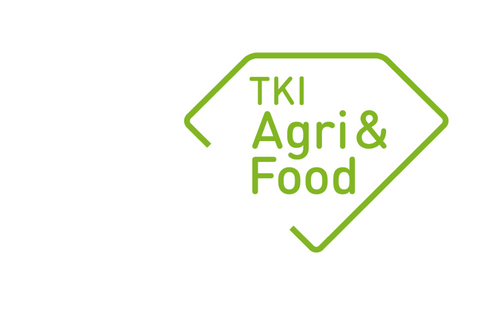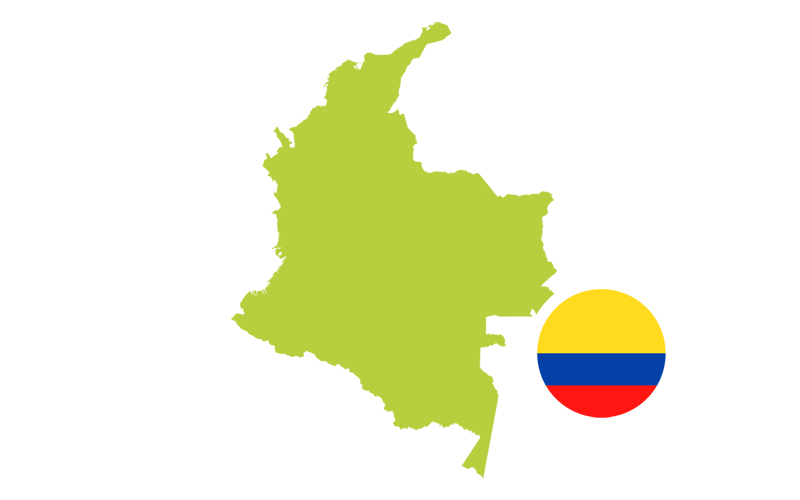Projecttitel: Coffee pulp from environmental hazard to valuable feedstock
Projectnummer: SMP-16002
Kernthema: Klimaatneutraal
Looptijd: 2016
Budget: € 50.000
Projectleider: Rudi Dieleman
Kennisinstelling: Wageningen UR
Projectpartners: Cenicafé, Coffee Farm Pool, Feyecon, FNC B.V., Pectcof, RIGO verffabriek.
Samenvatting
In coffee production at farm level coffee berries are processed into green beans and a residue/pulp. This residue has few applications and is an important source of pollution. In Colombia and other coffee producing countries the discarding of this pulp residue is leading to water pollution.
Several steps have been taken to reduce the impact of this pollution. Cenicafé in Colombia has developed a processing technology for coffee berries. This Ecomill®1 technology considerably reduces water and energy consumption and completely eliminates wastewater contamination during the de-pulping or processing stages of coffee berries into green beans. An added advantage is that the pulp is made available in a concentrated form lowering the volume and opening the possibility to efficiently use the pulp for added value applications locally or after transport. Considering that per ton of green coffee (the main product) approximately 500kg (dry weight) of pulp is produced and this biomass currently finds only low added value there is significant potential in upgrading. Finding commercially viable added value applications for the pulp is essential for the low impact processing technology to be adopted.
In this project we aim at assessing the option for production of pectin and other constituents of the pulp (proteins, phenols, etc.) to establish a viable production chain with partners both in Colombia and in the Netherlands. In this project we bring together all chain partners in Colombia and the Netherlands that can form a processing chain from the field to the final product.
Links
Deel dit bericht


